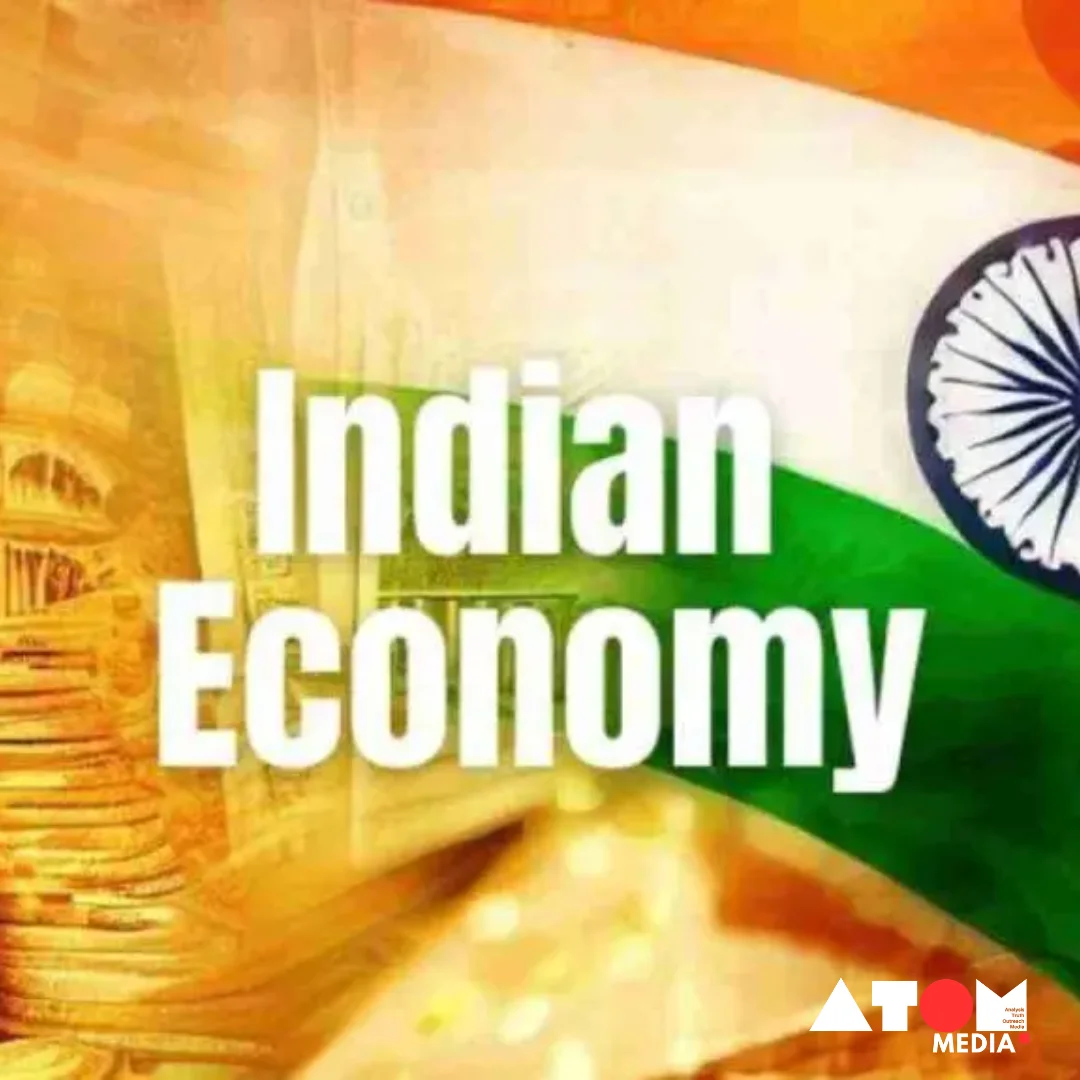Job Market Dynamics Reflect Shift Towards Unskilled Labor
India’s burgeoning economy is experiencing a surge in job creation, albeit with a notable emphasis on unskilled and semi-skilled workers. While this trend signifies growth in employment opportunities, it also highlights a discrepancy in the distribution of job prospects across various skill levels.
Graduates and Skilled Professionals Face Slower Job Growth
The job market landscape reveals a contrasting picture for graduates and individuals with higher qualifications, including technical degrees and diplomas. Despite possessing specialized skills, this segment of the workforce is witnessing a slower pace of employment generation compared to their less educated counterparts.
The unemployment rate (UR) data from 2000 to 2011-12 indicates a decline across all education categories, except for individuals with below primary level qualifications. However, from 2011-12 to 2017-18, there was a significant uptick in the UR for all education classes, spanning from below primary level to graduation and above. Subsequently, there has been a gradual decrease in the UR, with the exception of individuals with below primary level qualifications in the year 2018-19.
Understanding the Dynamics of Unskilled Labor Market
The shift towards favoring unskilled and semi-skilled workers in the job market underscores several underlying factors driving this trend. Economic growth in sectors such as manufacturing, construction, and services often relies heavily on labor-intensive activities, creating a demand for workers with basic skill sets.
Challenges Faced by Skilled Professionals in Job Acquisition
While the demand for unskilled labor remains robust, skilled professionals encounter challenges in securing suitable employment opportunities. Factors contributing to this disparity may include mismatches between educational qualifications and industry requirements, limited availability of specialized job roles, and technological advancements reshaping job profiles.
Policy Implications and Remedial Measures
The discrepancy in job creation across different skill levels necessitates proactive policy interventions to promote inclusive growth and address employment disparities. Initiatives aimed at enhancing vocational training, upskilling programs, and fostering collaboration between educational institutions and industries can bridge the gap between demand and supply in the job market.
Future Outlook and Potential Solutions
As India’s economy continues to evolve, policymakers, employers, and educational institutions must collaborate to ensure that job opportunities are accessible to individuals across all skill levels. Embracing technological innovations, promoting entrepreneurship, and investing in human capital development are pivotal in fostering a conducive environment for sustainable and inclusive economic growth.
Harnessing the Potential of Skilled Workforce
While unskilled labor plays a vital role in various sectors, harnessing the potential of a skilled workforce is essential for driving innovation, productivity, and competitiveness in the global market. Efforts to empower skilled professionals through continuous learning, professional development, and recognition of expertise are critical for fostering a dynamic and resilient economy.
Striving Towards Equitable Job Opportunities
In conclusion, India’s economy exhibits robust job growth, particularly in the realm of unskilled and semi-skilled labor. However, addressing the disparities in job creation among different education categories is imperative for achieving inclusive and sustainable development. By implementing targeted policies, fostering collaboration, and nurturing a skilled workforce, India can navigate the complexities of its evolving job market and create a future where opportunities are accessible to all.
Read more: Marketing News, Advertising News, PR and Finance News, Digital News





